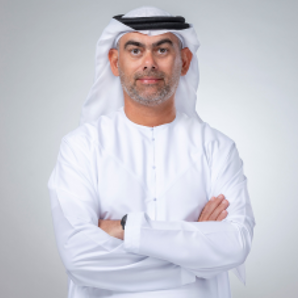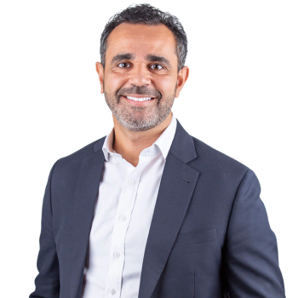CHARTING THE ROADMAP FOR A SUSTAINABLE UTILITIES FUTURE
The invitation-only Leadership Roundtables will act as an important cornerstone of the World Utilities Congress’s programme. Bringing together C-level industry executives, and policymakers for closed-door conversations that will address, debate, analyse the latest trends impacting the utilities market with the aim to collectively address the challenges and explore solutions that can shape the future of the utilities sector.
These roundtable sessions foster open and impactful conversations among influential decision-makers who are shaping the responsible energy industry’s future and implementing innovative business strategies to create a cleaner and more secure energy landscape.
The aim of the roundtables is to create productive discussions with tangible takeaways and reports. Participants will benefit from making extensive, high-level industry connections with unique networking and discussion opportunities, held under Chatham House rule.
Leadership Roundtable
 Tuesday, 27 May 2025
Tuesday, 27 May 2025

HIGH-LEVEL UNEZA CEO ROUNDTABLE: SHAPING THE 'AGE OF ELECTRICITY.' A CEO - REGULATORS DIALOGUE
Session objective: Sharing perspectives and identifying common ground in the context of power sector transition.
Regulators are at the core of the global energy transition, with decisions made today shaping the world’s ability to achieve a net-zero future. A key challenge lies in striking the right balance between accelerating the clean energy transition while ensuring affordability and reliability. This high-level dialogue, hosted by UNEZA will bring together CEOs and regulators to identify common ground and tackle the barriers hindering progress toward ambitious power sector goals.
Host

Jasim Thabet
Group CEO & Managing Director, TAQAand Co-Chair, UNEZA

Moderator

Rachid Majiti
Senior Partner, Dubai
McKinsey & Company
Leadership Roundtable
 Wednesday, 28 May 2025
Wednesday, 28 May 2025


INNOVATION ROUNDTABLE: ARE UTILITIES FULLY EMBRACING THE AI OPPORTUNITY?
Session objective: To explore how utilities can harness the transformative potential of AI while addressing the growing challenges of energy demand, cybersecurity, and risk-averse operating models through strategic cross-sector dialogue and insights.
The rapid evolution of digital technologies, particularly artificial intelligence (AI) and machine learning is reshaping the energy landscape. From customer engagement to predictive maintenance, and from system optimization to real-time grid management, AI holds transformative potential for utilities.
At the same time, AI’s growing power demands are creating significant new loads, placing pressure on utilities to respond quickly and flexibly. AI-driven systems also introduce new cybersecurity vulnerabilities, challenging the traditional utility mandate of delivering secure, resilient infrastructure.
Hosted by ADSW, in partnership with TAQA, and supported by the Net Zero Technology Centre, this Innovation Roundtable will convene leaders from utilities and the AI community to examine the state of play: Are utilities truly embracing AI’s potential, or are they constrained by risk-averse operating models rooted in reliability and system protection?
Leadership Roundtable
 Thursday, 29 May 2025
Thursday, 29 May 2025

HIGH-LEVEL ROUNDTABLE ON GRID: TACKLING THE POWER DEMAND SURGE AND GLOBAL ELECTRIFICATION CHALLENGE
The energy transition hinges on overcoming a critical challenge: outdated and undersized transmission grids. Without modernised and expanded grids, the integration of renewable energy at scale remains a distant goal. Existing grids, particularly in developed and emerging economies, are often too small, too old, and incompatible with modern renewable technologies.
Addressing these issues demands significant initial investment, yet financing appetite remains limited despite the long-term benefits. Acting as a forum for thought leaders, strategists, and policymakers in the sector, the roundtable will examine how we can support larger and more flexible transmission and distribution grids.
Moderator







